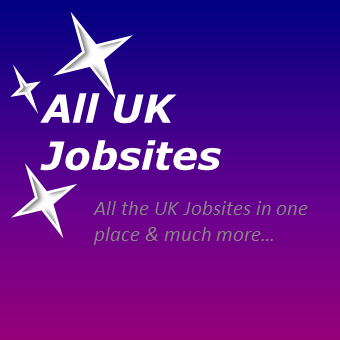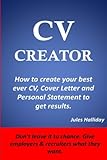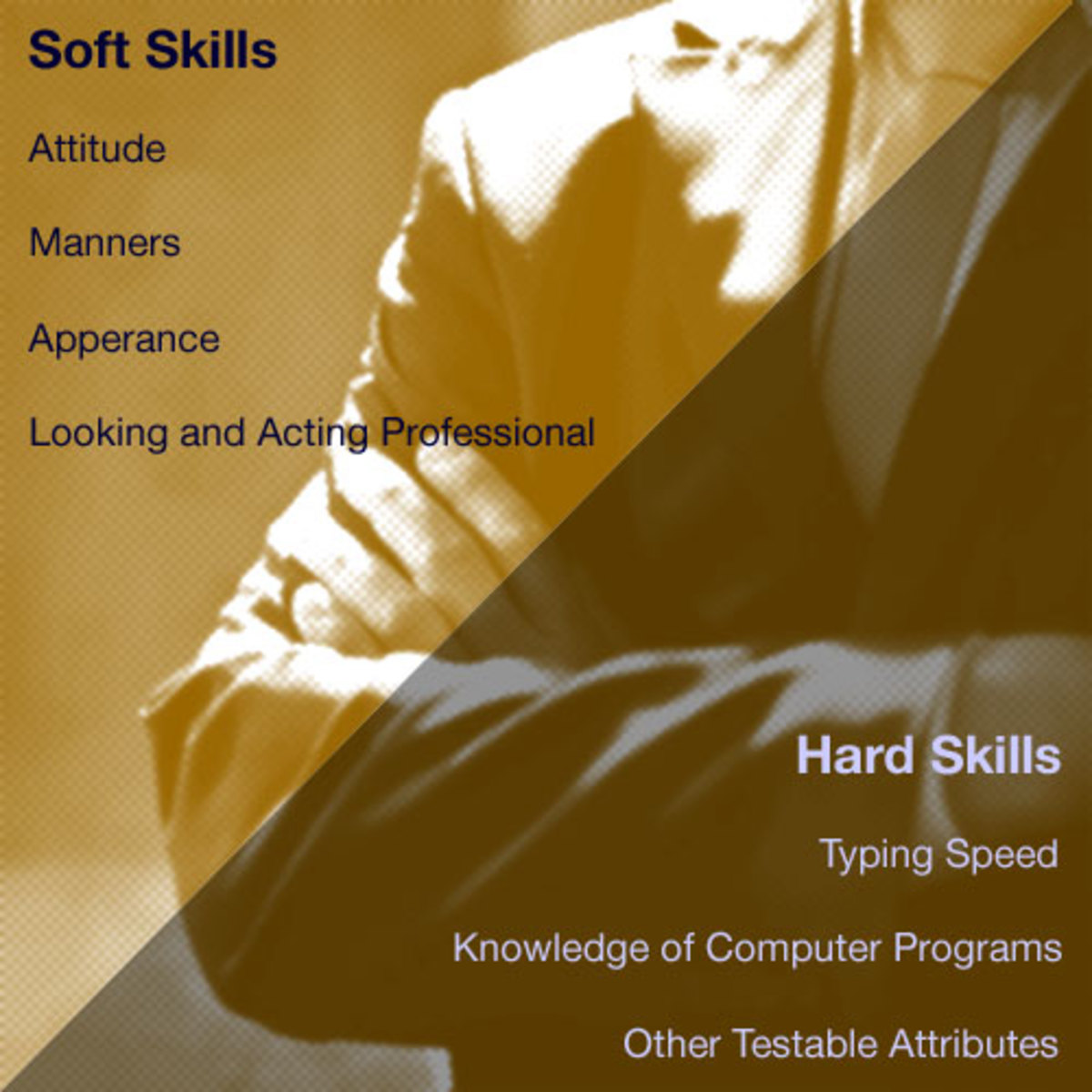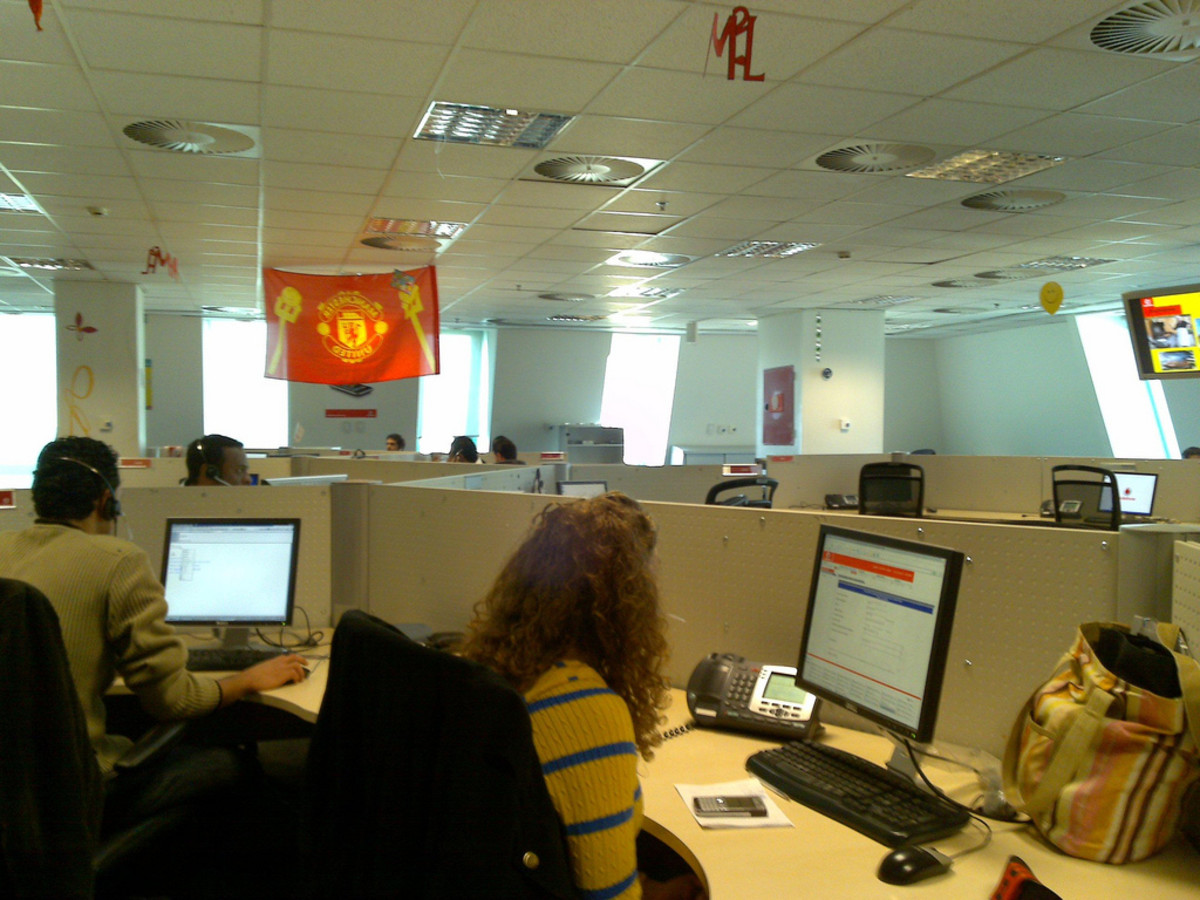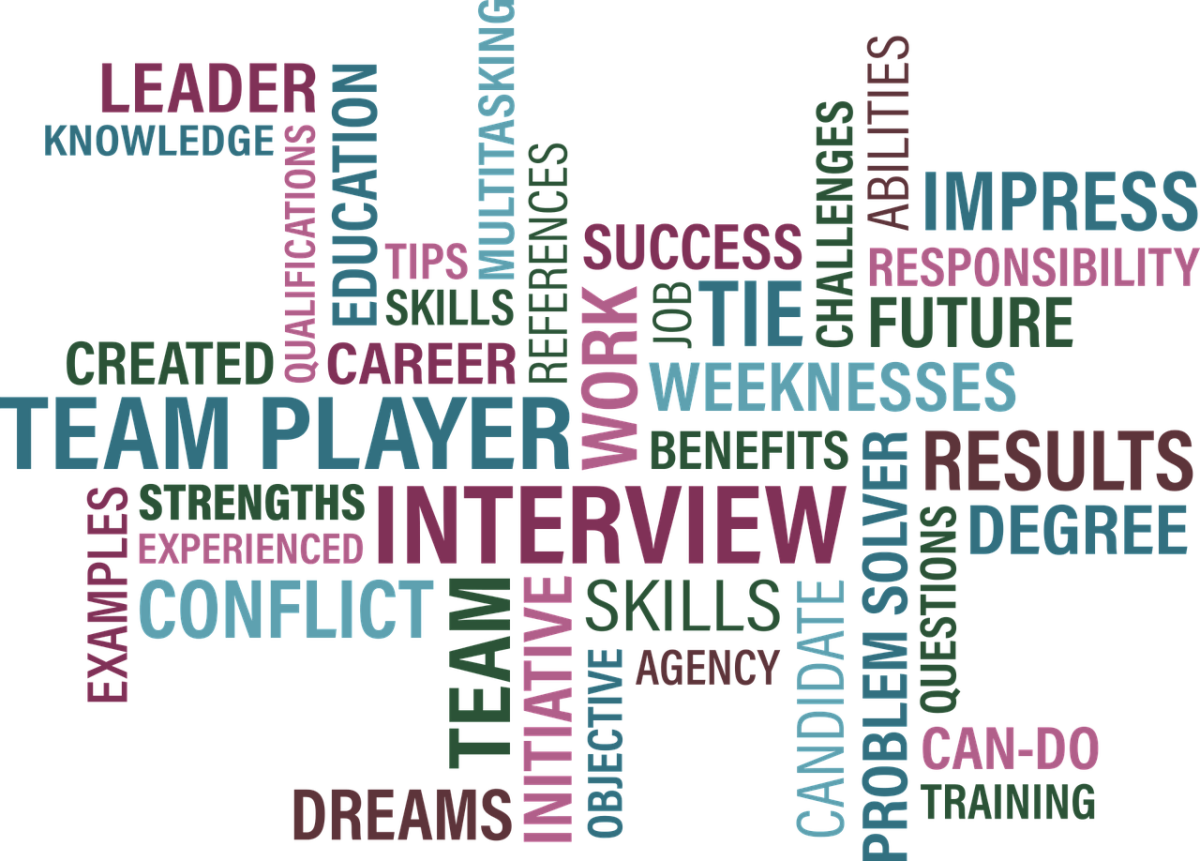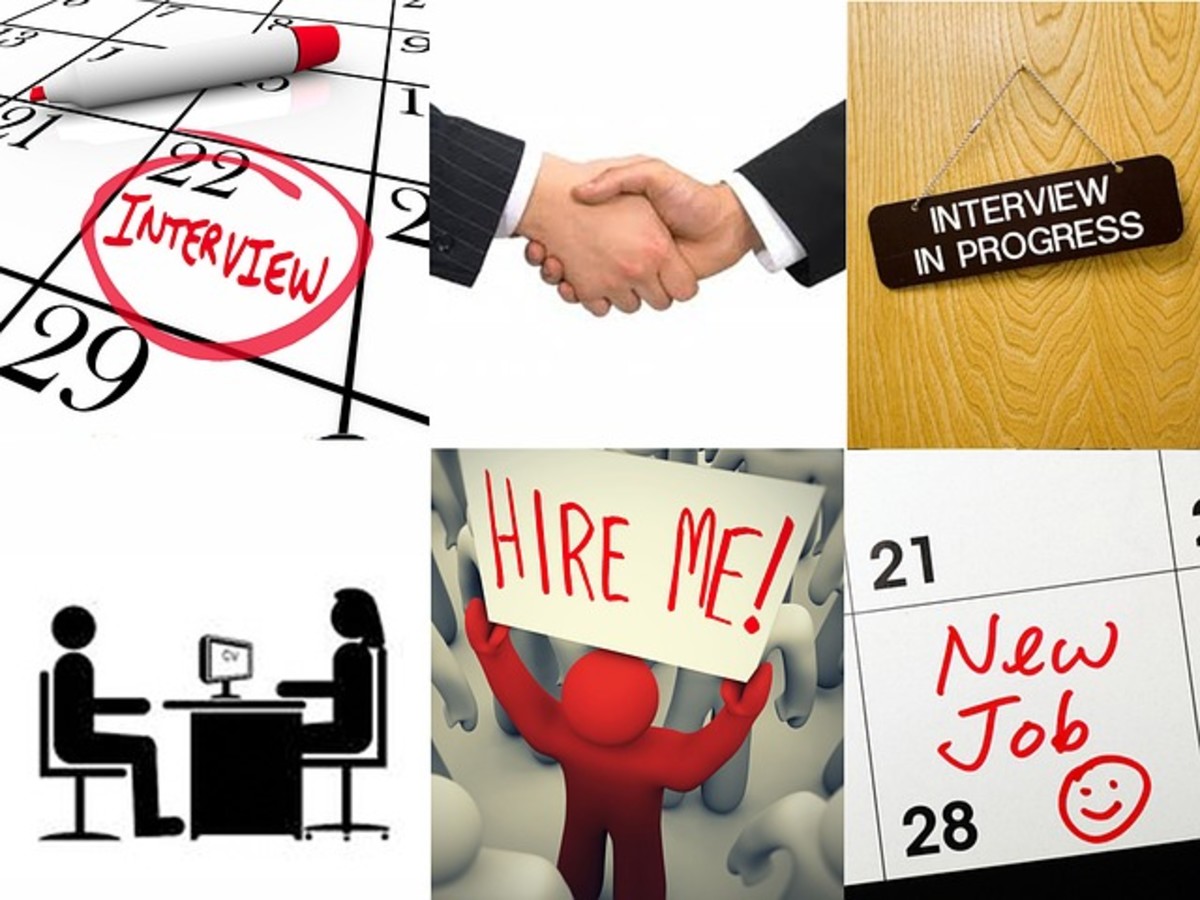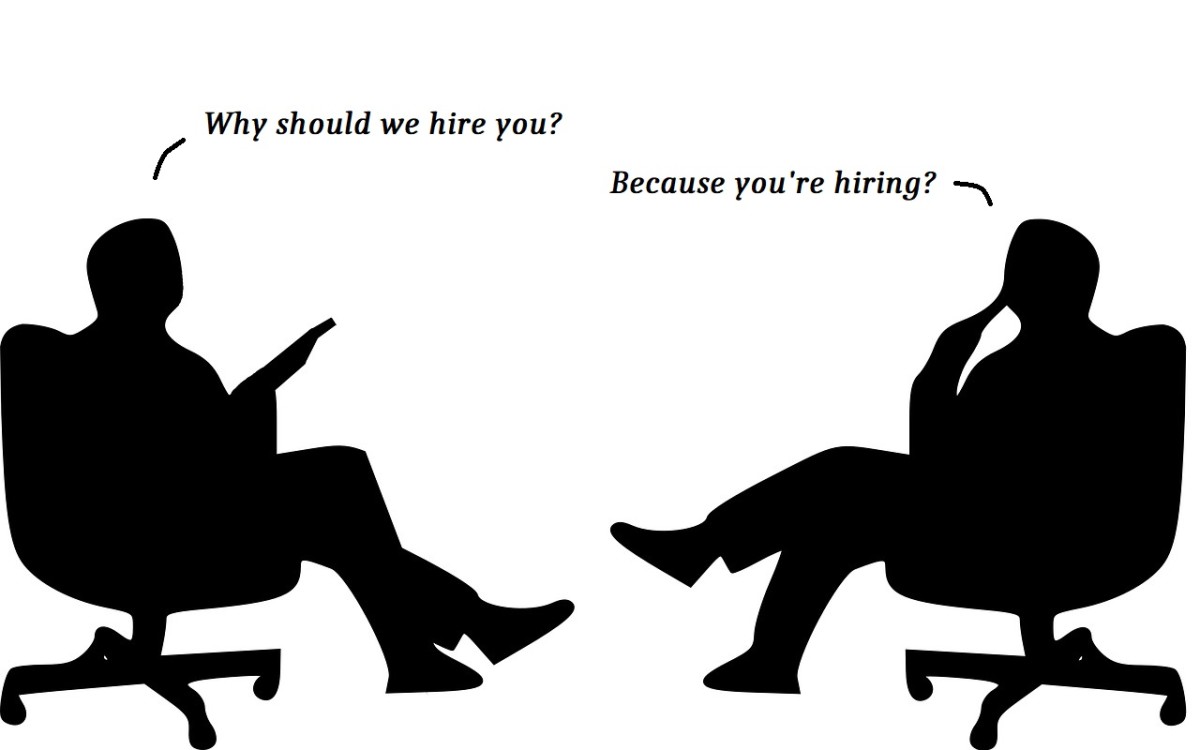- HubPages»
- Business and Employment»
- Employment & Jobs»
- Interviewing for a Job
How to Answer Job Interview Questions About Your Last Role


About Your Current or Last Role
Interviewers will certainly ask you questions about your most recent position and any successes or challenges you had during your tenure.
It’s important that you remain upbeat and factual even if you would rather eat a bar of soap than stay there a minute longer.
So what kind of questions are typical in a job interview and what are the variations of these?
“What are your current responsibilities?”
“Tell me about what your role involves?
“What do you do on a typical day?”
You probably already have these on your CV or resume so what the interviewer wants to hear is a more detailed conversation and not just a recital of a bullet pointed list. Aim to connect these to the job you are interviewing for by relating your past or current responsibilities with those in the desirable and essential skills requirements in the job description or person specification.
If your role was varied then try not to waffle and keep your answer succinct to include the transferable skills and responsibilities. This will allow the interviewer to quickly see you have all the necessary qualifications and experience to do the job.
Avoid dramatizing for effect in case your credentials are checked during the referencing stage.
So, your answer to this question should be a culmination of you researching the current job role and marrying it up to your current or previous positions. Your mantra should be “What do they want? What can I do? What have I done before?”
“What were your expectations for your last role and were they met?”
“Did your last role live up to your expectations?”
Although there’s no right or wrong answer to this question, it can be a tricky one so preparation is essential.
Only you know what your expectations were and how the job panned out but it’s fair to say that if it was the best job on the planet then the chances are you would still be there (unless you were made redundant or other extenuating circumstances).
It is therefore crucial that you don’t slide down the slippery negativity slope while discussing this. Only talk about the role itself and not the company or management. If you can, discuss the most positive aspects of the role, anything you have learned or personal development achievements. Aim to be as specific as you can as this is a chance for you to sell your capabilities and success with the interviewer.
If the role really wasn’t what you were expecting then it is fine to say so especially if you have only been there a short time but still focus on being positive and try to find a silver lining to the cloud.
Prepare, prepare, and prepare for this question as it may come in another guise such as:

“What did you like or dislike about your previous job?”
“What was your favourite task in your last position?”
“If you could delegate one task, what would it be?”
“If you were the head of your previous company, what would you change about your role?”
If you liked everything about your last position then that’s great but to the interviewer it might seem a bit strange if you are leaving voluntarily.
You need to elaborate and quantify your answer.
“I liked everything about the role however the as it is such a small company, there is no scope for promotion or career development for the foreseeable future and I feel that I can contribute more in this role due to xxxxxxxxxxxxx”
The x’s are not kisses! Insert here something about the company history, job description or future growth.
“I liked everything about the role however I feel that I will excel in a smaller, more personable environment.”
“We had a really strong management team who were friendly and wanted every employee to succeed so I am looking for a role where I can emulate this and encourage others.”
If you liked most of your previous role then be sure to talk about the duties that have common ground with the new role. Show the interviewer that you are certain to like this role too and therefore do it well as you already have the experience. The more you research the company and the role, the easier your answer will become.
Don’t be afraid to point out what you may feel as the obvious. Link your likes with the current job description.
“One of the things I enjoyed in my previous role was having a detailed knowledge of the products so that I could really listen to the customers’ needs and make appropriate suggestions. I notice in this role one of the KPIs is upselling; can you tell me about product training within this company?”
By answering the question in this manner, you have let the interviewer know how fabulous you will be based on your prior experience and also shown an interest in the brand by opening up a two way conversation rather than a question and answer rally.
It can take confidence to do this so if you feel uncomfortable then just use the first part of the answer and incorporate the latter when the interviewer asks if you have any questions.
So what about your dislikes? The interviewer is looking for incompatibilities so once again, ensure you have researched the role fully and steer well clear of saying you didn’t like a task that you know is a dead cert in the new job.
Aim to turn what could be a negative into a positive.
“After three years in the role, it became repetitive so I am looking for a more challenging position within a company that can offer me career development.”
“The company has gone through major changes in recent times and although I believe change is inevitable, my role has not adapted to these developments.”
“I am not keen on cleaning floors but it is an essential part of the role and I feel proud that the customers have a clean environment.”
“I like to be the best I can be and would like to have had more on-going training and development.”
Free Apps for my Readers

“What was the most / least rewarding part of your role?”
Not to be confused with likes and dislikes. This question can be a bit trickier to answer as it is vital that you don’t include anything that is a major responsibility for the role to which you are interviewing.
Aim to talk about small tasks rather than major duties or just deflect the question if you really didn’t find anything unrewarding.
“I didn’t find anything unrewarding as even the smallest of tasks contributes to the bigger picture.”
“Although I thrive working as part of a team, I didn’t always get to see the finished result first hand.”
“Certain aspects of customer grievances had to be passed to a Supervisor so although I was informed of the outcome, I prefer to support the customer throughout the process which is why I am applying for this position.”

"Tell me about a special contribution you have made to your employer."
“What has been your number one achievement in your current role?”
“What are you most proud of in your current role?”
Don’t be shy! This is your chance to shine and stand out from the other candidates. It doesn’t matter if you have lots of detail on your CV; tell the interviewer how great you are face to face. Let them see your passion and animated explanation.
In my book Interview Strategies For Success, I detail a technique called STAR which interviewers often adopt to gather all the information they need. It’s also a good customer service strategy if used in a slightly different way. Here’s a brief summary which could help you in this instance.
Situation
Task
Action
Results
You can use this acronym as a memory jogger when talking about your success and achievements so that your answer is to the point.
Situation – What were the circumstances, dilemma or problem that needed solved?
Task – What did you have to do? What were you looking to achieve?
Action – What did you do to be successful? What direction did you take? Be specific here.
Result – What was the outcome? Were there any knock on positive effects as a result of your achievement?
Use STAR to keep the important details to the fore and avoid too much description. It probably doesn’t matter what the weather was like that day or what shoes you were wearing.
Or you can use the 3 x Ps.
Get to the Point, stay on Point and get your Point across.
Don’t give long, laborious answers; instead focus your answers on what you did, how you did it and the positive outcomes achieved.
Point taken?
Wherever you can, use numbers for your results.
Result: increased bottom line by 20%
Result: reduced outgoings by £1500 per month
Result: Sold an extra 20 items compared with the previous week.
If you haven’t had success that can be numerically detailed then think of other achievements or contributions you made that show you have gone the extra mile for your previous employer.
"In my last job, I organised a team to take part in Race For Life which gave us a great photo opportunity in the local newspaper and free exposure for the company. Not only that, my boss recognised me for boosting team moral.”
“I helped train five new recruits on sales techniques and one of them achieved the highest divisional sales the next month. This made me feel very proud and ignited a passion in me to help others succeed.”
So, dig down deep into your memory banks and prepare answers where you have contributed to the success or the company no matter how small.
Quick Poll
Do you find questions in an interview about your current or last role a challenge?
